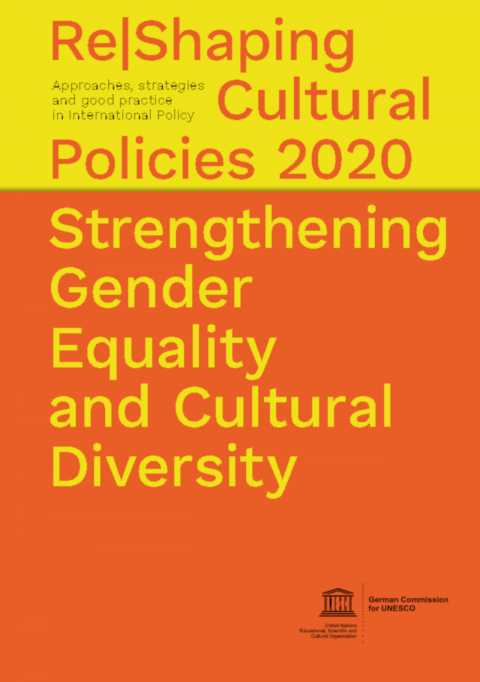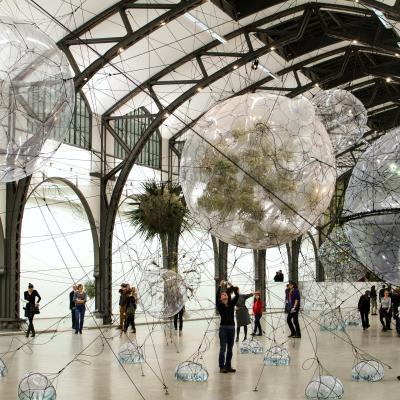Cultural Diversity
Cultural Diversity

Culture Counts – this message is the leitmotif of UNESCO's cultural program. Protecting, preserving and promoting cultural heritage, diversity and intercultural dialogue are among the program’s main tasks.
UNESCO, as the only organization in the United Nations system with a mandate in the field of culture, stands for strengthening international cooperation for culture and its role in sustainable development. Culture creates a sense of identity and establishes cohesion among communities, especially within those experiencing economic or political instability. Furthermore, intercultural exchanges promote human creativity, a global and renewable potential for fostering development.
Cultural practices can convey ideas, visions and meaningful experiences through symbols, encounters and rituals. Culture, creativity and the recognition of cultural diversity can also open up economic opportunities and innovation, thus creating a richer and more diverse world. Promoting cultural diversity strengthens the sustainability of societies. Sustainable development needs the ability to change, especially to change the way of life. Culture is therefore a strategic instrument for sustainable development policy. For peace and security, the recognition of culture is indispensable.





